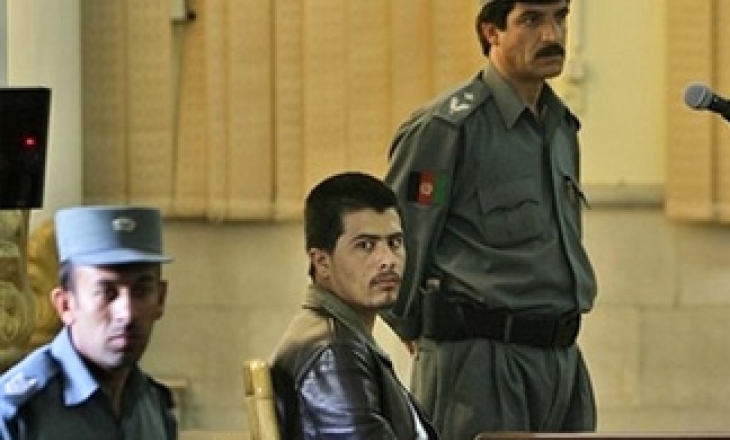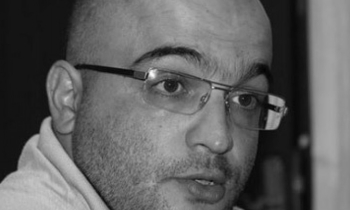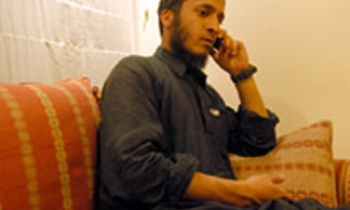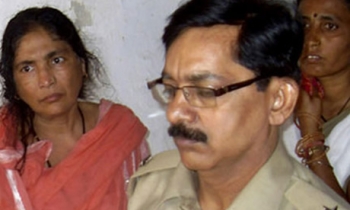An Afghan journalist who faces the death penalty for blasphemy has begun his appeal hearings without a defence lawyer. Sayed Parwez Kambakhsh, 23, on Sunday denied charges and said an earlier confession that prompted a court to sentence him to death in January had been extracted under torture, news reports have said.
The charges against Kambakhsh relate to an article he downloaded from the Internet and distributed among classmates at Balkh University in northern Afghanistan, where he is a student and reporter for a local newspaper, Jahan-e Now. The article was originally published in an Iranian newspaper and questioned several tenets of Islam, including those relating to the rights of women.
Under Islamic law—stipulated in Afghanistan's constitution—blasphemy is punishable by death.
In an open court appeal hearing in Kabul, Kambakhsh rejected accusations from some of his classmates and teachers, that he had insulted Islam and the Koran and had distributed an article which said Prophet Mohammad had ignored the rights of women, according to a Reuters report
"As a Muslim ..., I never allow myself to do such a thing. These are totally lies," he told the court, adding his trial in Mazar-i-Sharif had been "quick and unjust".
In an interview Saturday with the Associated Press in his cell at Pul-e Charkhi prison east of Kabul, Kambakhsh denied all the charges. "I didn't write this article. I didn't print it. I didn't distribute it. I reject these accusations," Kambakhsh said. "I am a scapegoat in some political game."
The AP report had some background material:
Kambakhsh had been studying journalism at Balkh University in Mazar-i-Sharif and writing for local newspapers. Late last year Afghan intelligence service agents began investigating his activities. The intelligence service called his brother, who is also a journalist, and told him to bring Kambakhsh to their office.
Kambakhsh waited five hours on the afternoon of October 27 to meet the head of the local intelligence service. He never showed up. When Kambakhsh asked if he could go home, he says he was told, "As of today, you are under arrest. You cannot leave."
Three months later, he was taken for trial. The only people with him in the courtroom in Mazar-i-Sharif were three judges, a court scribe and the prosecutor. Kambakhsh said he had no defence lawyer, and only three or four minutes to defend himself.
"It was not enough time for this complicated matter. I demanded more time, but they said it's very late," he said, recalling that the hearing started at about 4 p.m. — well after most government offices close for the day.
The judges found him guilty of handing out to fellow journalism students a report he printed off the Internet. The article asked why under Islam men can have four wives but women cannot have multiple husbands.










